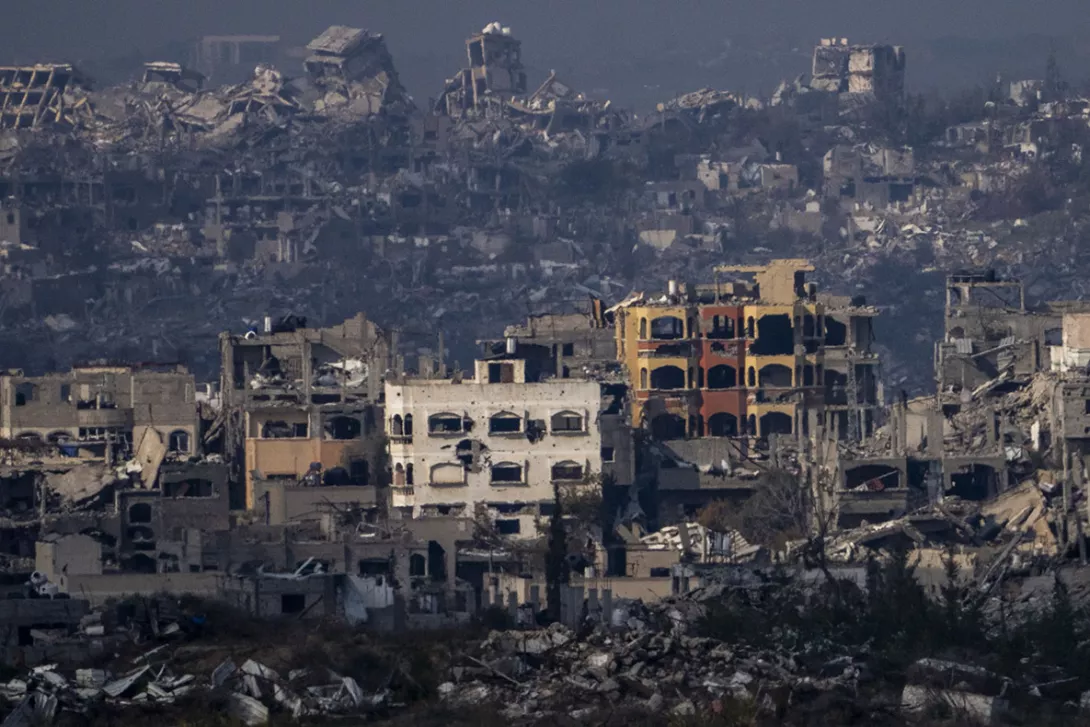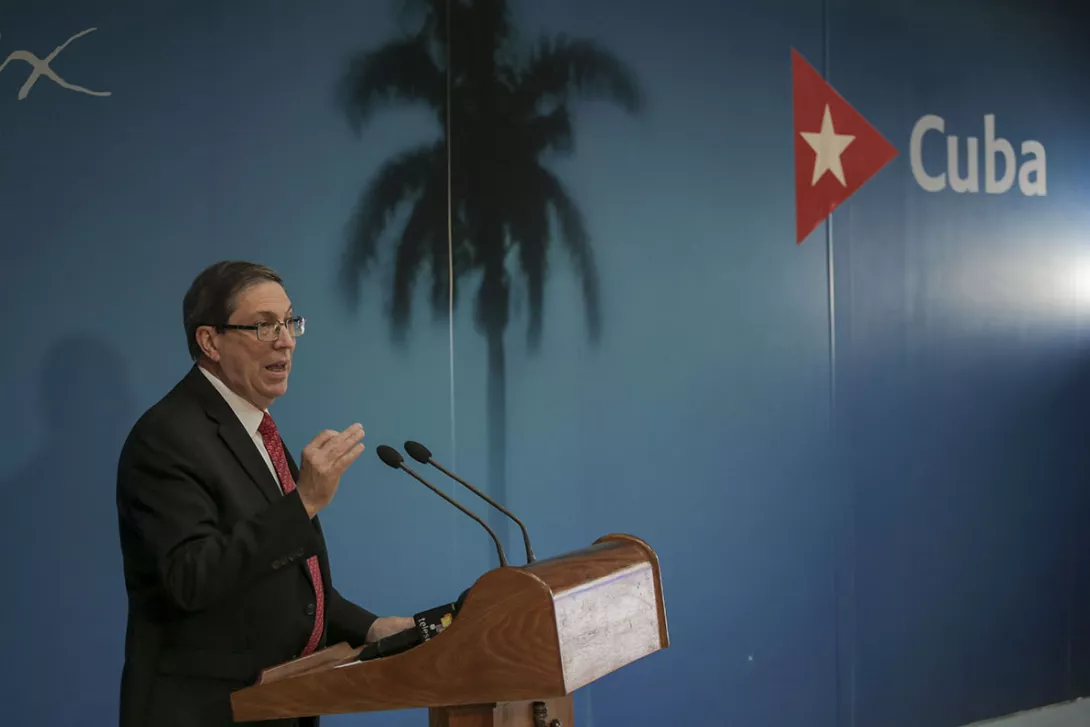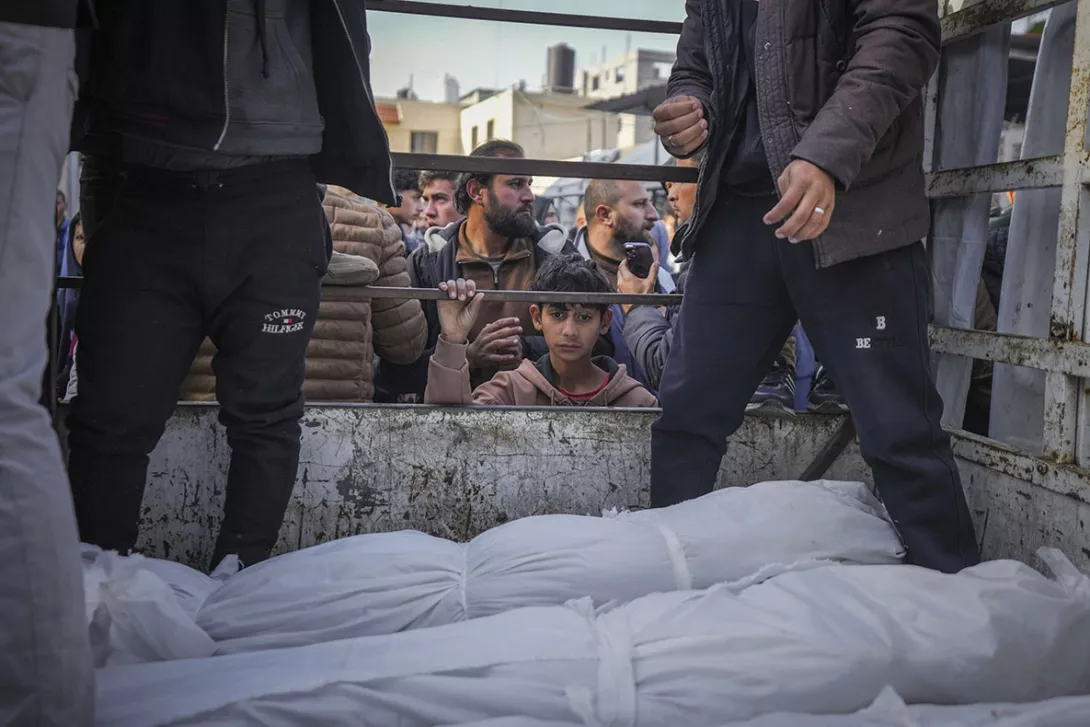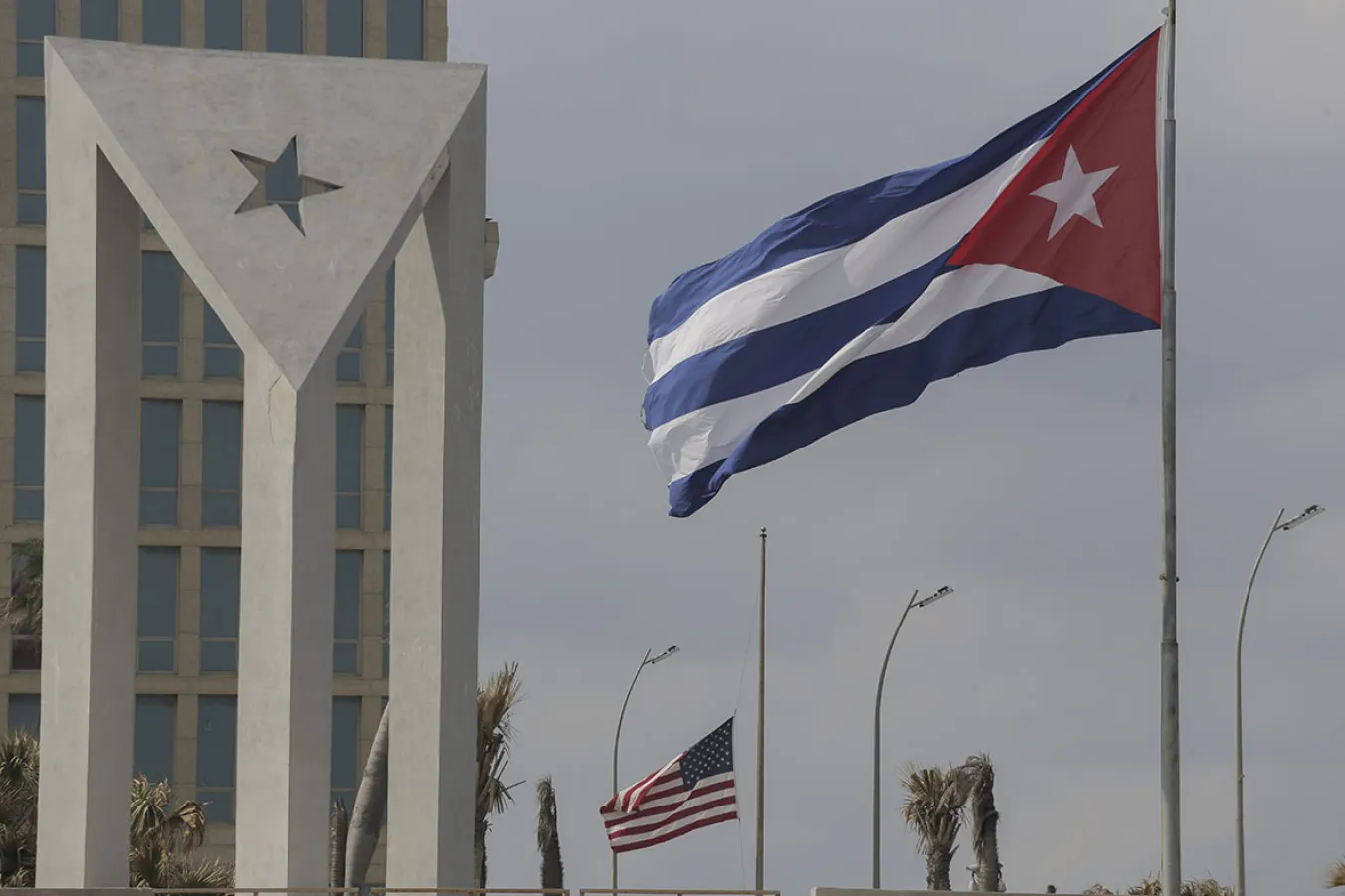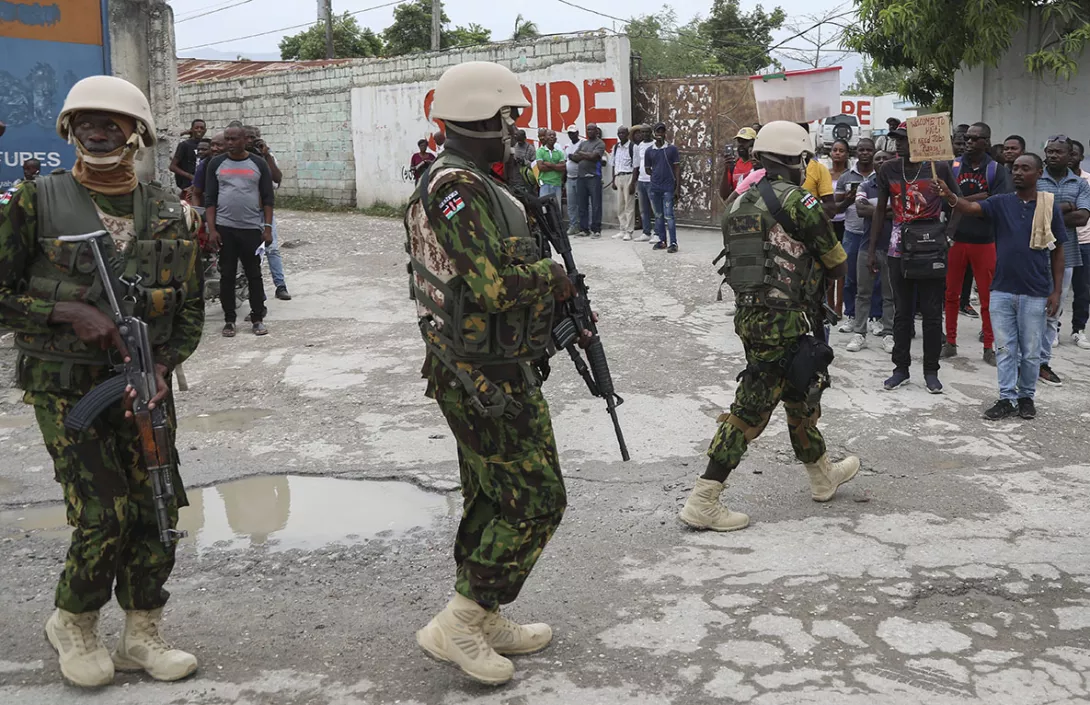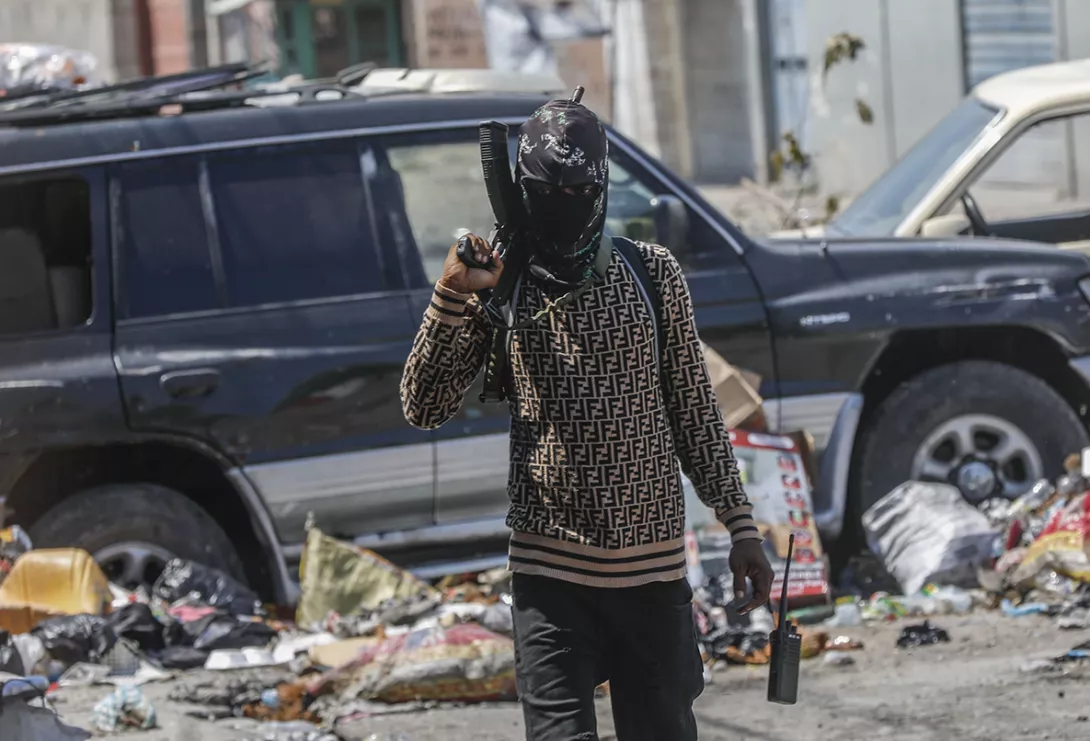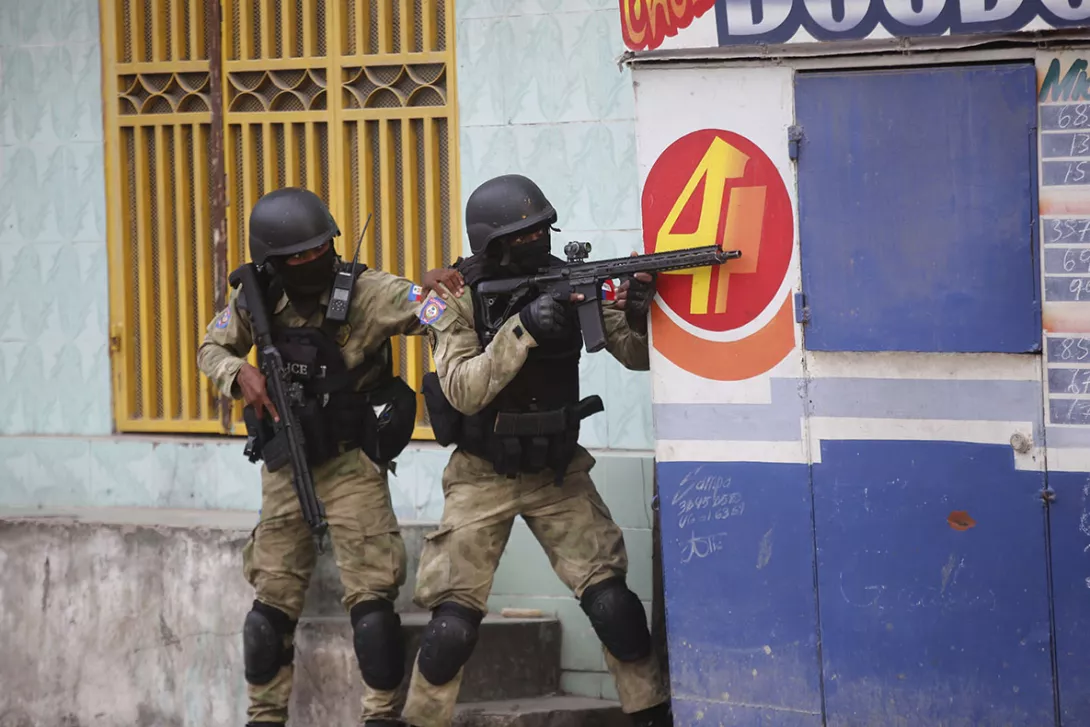Kenyan court blocks intervention in Haiti
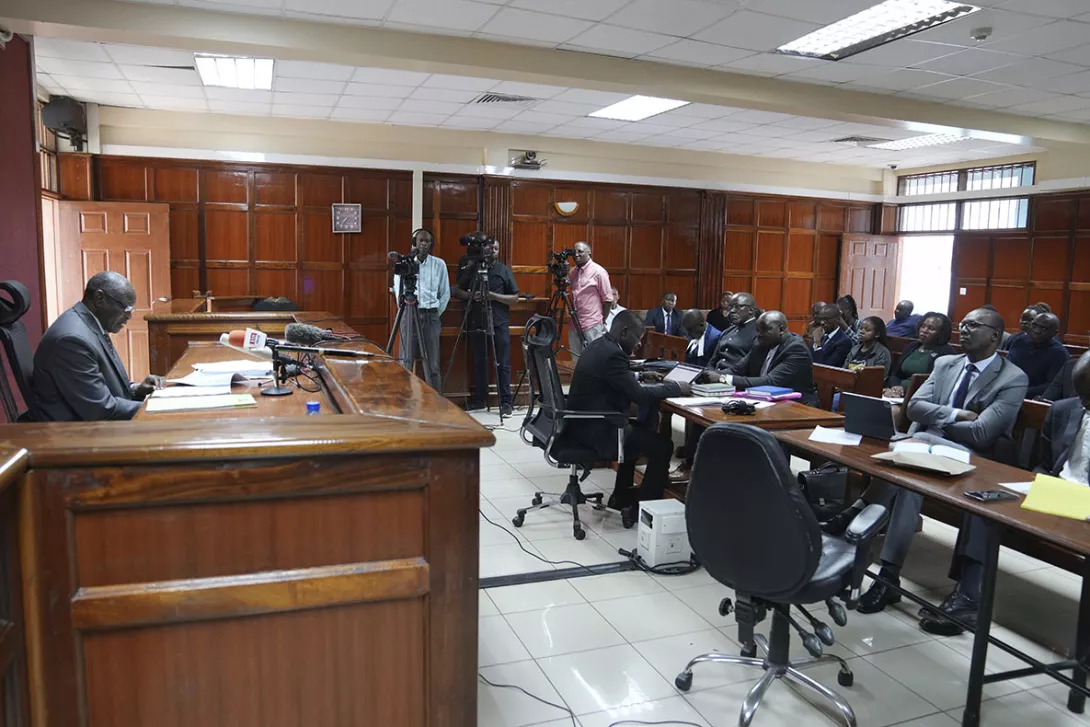
A TOP Kenyan court today blocked the government of President William Ruto from deploying a force of armed police officers to Haiti, to fight the gangs that control large parts of the Caribbean republic.
In a major blow to President Ruto, the United States and its allies, the Kenyan High Court said the deployment would be illegal as the National Security Council lacks the authority to send police outside the country.
The judge said Kenyan authorities only have the authority to deploy armed forces for such peacekeeping missions.
More from this author
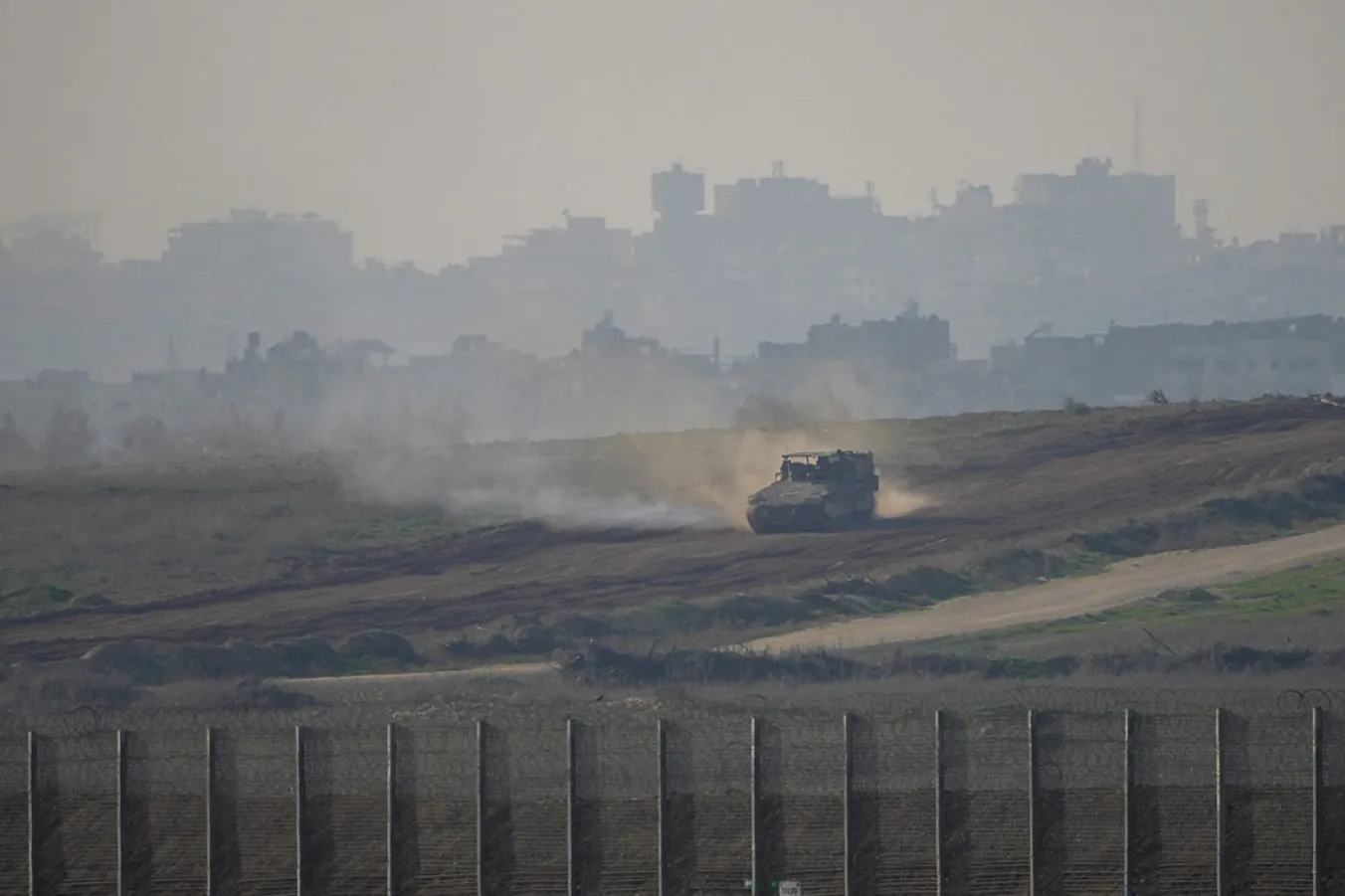
While Israel stalls on ceasefire agreement, its military kills another 78 people in Gaza


